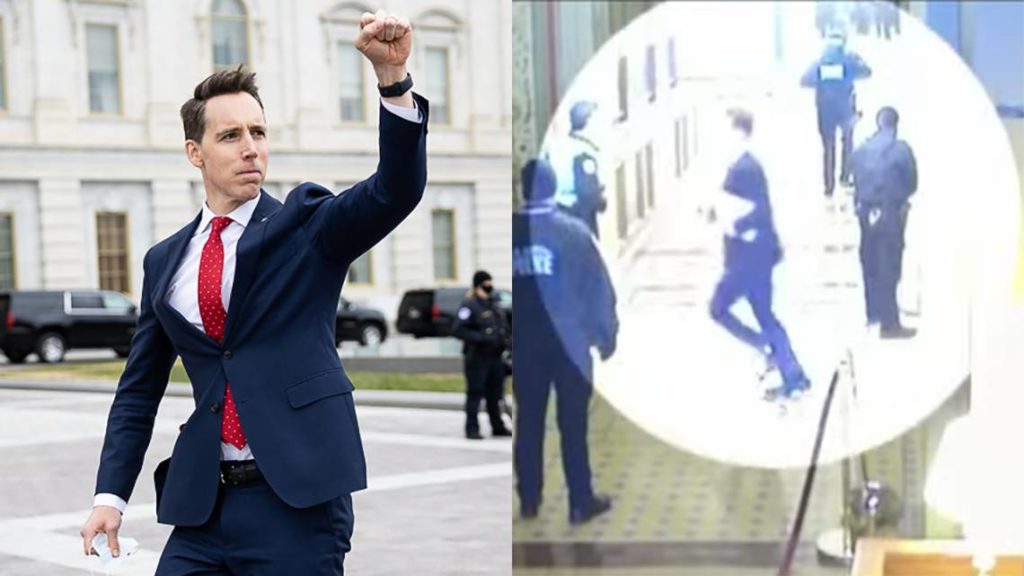The committee

This is an interesting inside look at the 1/6 committee’s slow start and impressive finish:
But the inner workings of the Jan. 6 committee — members of Congress, lawyers, video producers and assorted staff members totaling about 80 people tasked with investigating a violent attack on American democracy and a sitting president’s role in that attack — have been almost completely shrouded from public view. Through extensive interviews with all nine of the committee’s members and numerous senior staff members and key witnesses, we have been able to reconstruct a previously unreported account of the committee’s fevered, fraught and often chaotic race to a finish line that has always been understood to be Jan. 3, 2023, when the new Congress is sworn in and a new Republican majority in the House would immediately dissolve the committee. Those same efforts took place at a time when the Republican Party was resolutely united behind the committee’s principal target, Trump, with politicians and voters alike joining the former president in lustily condemning the inquiry at every opportunity.
The committee’s first few months were rocky, even “tumultuous,” in the words of one member, as the lawmakers struggled to plot out a strategy to investigate what they saw as a sprawling, complex conspiracy. It was only after they hired around a dozen former federal prosecutors, including two U.S. attorneys and a lawyer who helped put the drug lord known as El Chapo in prison, that things began to get serious: The committee sent requests to telecommunications companies to preserve phone and text records of some 700 potential witnesses. Soon, witnesses started agreeing to testify, with dozens of interviews coming in a week. If a high-ranking Trump official refused to comply, the committee tried to bring in an aide. If the aide refused, the former prosecutors went after the aide’s aide.
But the group often found itself in a state of conflict with recalcitrant witnesses: More than 30 Trump allies pleaded the Fifth Amendment to avoid self-incrimination, while others, like Jared Kushner, Trump’s son-in-law, seemed to have situational amnesia. (“Jared Kushner didn’t remember anything,” Lofgren said. “I found that not credible.”) The Justice Department, meanwhile, was less than accommodating, with no F.B.I. officials or agents agreeing to testify about the bureau’s own intelligence failures, and Attorney General Merrick Garland was slow to prosecute witnesses who refused to testify. “Attorney General Garland, do your job!” another committee member, Representative Elaine Luria of Virginia, declared during a public meeting in late March 2022. Days later, at the annual Gridiron Club dinner, which brings together journalists, politicians and officials, Luria was awkwardly seated at the same table as Garland’s wife. Later, after learning that Secret Service’s texts from Jan. 5 and Jan. 6 had been deleted, the committee descended into a state of “ranting and raving” about the failure of federal officials to preserve evidence, according to Lofgren.
The dominant underlying fact is that the vast majority of the Republican Party either explicitly or tacitly supported and supports Trump, which ipso facto means supporting the January 6 insurrection.


